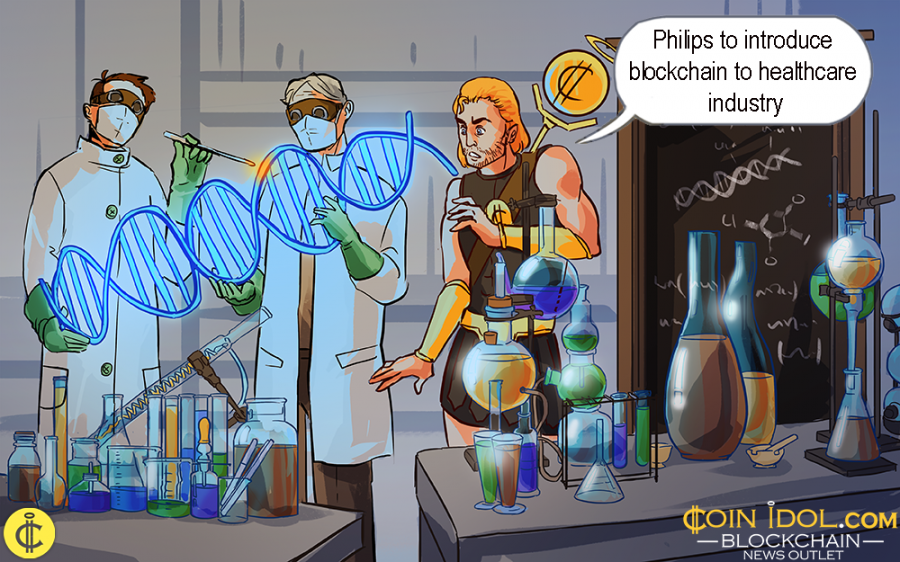Philips to Challenge Tech Bulls to Introduce Blockchain Tech to Healthcare Industry

"To what extent can you trust the institutions and organizations that hold your crucial medical data?"
Earlier October, the government of Canada fined the manager of a Pharmacy for using the provincial Drug Information System to snoop on the medical history of coworkers, friends and family. Previously, Orlando Orthopaedic Center revealed that an inappropriate configuration in its servers led to the exposure of over 19,000 patient records for almost 60 days.
Health-related information rifts are among the highly damaging security cases, and they occur a lot and everywhere. But what leads the healthcare sector sui generis is the level to which internal players are really responsible for menaces.
"Healthcare is the only sector in which internal players are the largest threat to an organization," found a latest Verizon study.
What is Philips Really Doing?
Philips Research is acting on an amazing project that Mark Hennessy, lead researcher at Philips regards "verifiable data exchange."
"This is basically the ability for researchers in a network of hospitals and universities to request data that suit a need for research," Mark notes.
The exercise will rotate around 3 disciplines which includes; requesting data, anonymizing data and fulfilling requests. The purpose of the project is to properly record all exchanges and people's identity in all organizations carrying out those exchanges.
Blockchain technology will support the audit trail and spoor of data exchanges. Several Philips researchers think that the decent storage of information exchange between all involved parties will form a structure of shared risk and responsibility.
The Strong Leadership
Healthcare is among the highly active domains for distributed ledger technology, which implies Philips isn't the only firm pioneering this great innovative new market. They will also experience a slate of blockchain tech startups which are pushing to disrupt various parts of the healthcare sector, though they will rising against technology bulls like Google that has both a DLT project and an active presence in the healthcare industry.
“We need to understand what we’re good at and where the genuine opportunities are,” Mark reveals. “We’re always looking at startups in general — not just in blockchain startups — to understand where they’re being successful, whether they’re disrupting a market or if they’re simply solving an existing problem using the technology.”
Philips has a big history in creating software and innovations in the healthcare technology sector. Its creators have for long been operating with health organizations and big hospitals to create efficient health management processes and improve diagnosis and treatment of diseases. And the firm is testing the verifiable information exchange paradigm with a network of giant universities and hospitals.
“Where there’s deep clinical insight and understanding required, I think Philips will continue to outpace the likes of Google and Microsoft and others trying to do data science in the health space in general,” Mark concludes.
Price
Price
Price
Price
Coin expert

(0 comments)